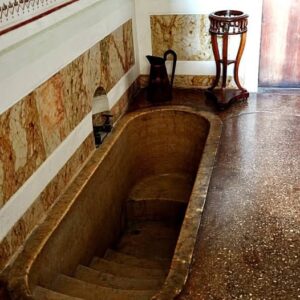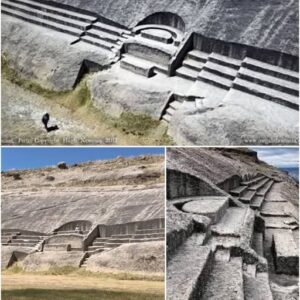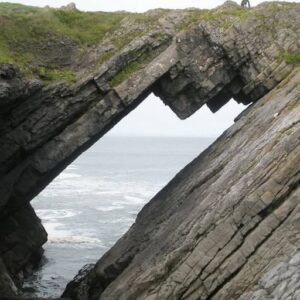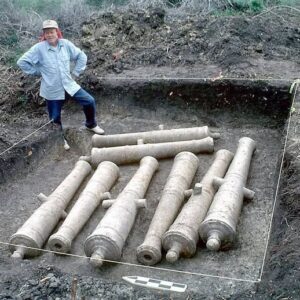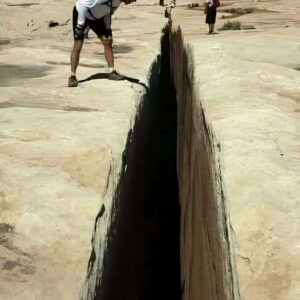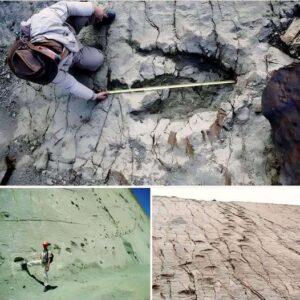The Delikkemer Aqueduct near Kaş, Turkey, stands as a remarkable testament to the ingenuity and advanced engineering prowess of ancient Roman civilization. Constructed more than 2,000 years ago, this aqueduct represents a stunning feat in water transportation across the rugged terrain of the region. At its core lies a sophisticated siphon system—a pioneering technique for its time that enabled the aqueduct to traverse several kilometers and deliver water to the historic city of Patara, a crucial maritime hub in antiquity.
What truly sets the Delikkemer Aqueduct apart is its innovative use of immense stone blocks and lead pipes to fashion a U-shaped siphon that defied conventional notions of gravity. The engineering marvel of this structure allowed it to propel water uphill, a seemingly unachievable task during that era. By harnessing this cutting-edge design, the aqueduct facilitated the daily transportation of thousands of liters of water, thereby ensuring the sustenance and prosperity of the inhabitants of Patara.

Even in the present day, the remnants of the Delikkemer Aqueduct continue to captivate visitors with their sheer grandeur and complexity. They serve as a poignant reminder of the Romans’ extraordinary ability to overcome intricate engineering challenges with meticulous precision and groundbreaking creativity. The aqueduct’s enduring legacy showcases how ancient civilizations, such as the Romans, pushed the boundaries of innovation to create lasting infrastructure that profoundly impacted the societies they served.
The Delikkemer Aqueduct stands as a symbol of human achievement and endurance, bearing witness to the timeless allure of ancient engineering marvels. Its existence not only highlights the importance of water management and distribution in antiquity but also underscores the enduring legacy of Roman engineering excellence. Visiting this awe-inspiring structure today offers a glimpse into a bygone era where technological advancement and visionary design converged to shape the world we inhabit today.
